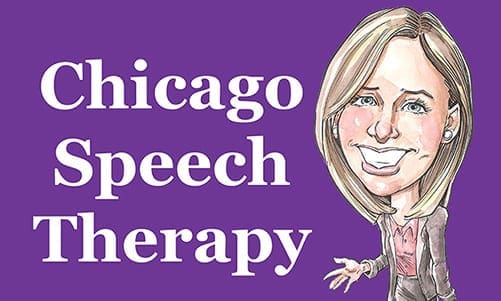Sensory processing disorder (SPD) is a disorder in which individuals experience difficulty with processing information from their surrounding environment and reacting accordingly. Based on a physiological condition in the brain, common symptoms of sensory processing disorder in children include anxiety, inability to focus, agitation, or stubbornness. Every individual with sensory processing disorder reacts differently, mainly because the five senses play a large role in how the disorder manifests itself.
Examples of SPD
The five senses – sight, sound, taste, touch, and smell – allow us to learn about our surroundings and react accordingly. When we touch a scalding hot stove top, our hands quickly retract; when we see a speeding car rushing toward us in the street, we step back to avoid an accident.
A person struggling with sensory processing disorder recognizes these types of warning signs, but can also feel danger or discomfort to things not usually associated with fear. The glare of a particular lighting setting, or the feel of unfamiliar fabric can send a child with sensory processing disorder into panic. Seemingly unobtrusive events, such as a gentle rain or the ticking of a clock, can cause extreme discomfort.
Impact of SPD on Speech
When a child struggles with sensory processing disorder, not only is his/her daily behavior affected, but also the acquisition of speech can be impaired. Many children with SPD are also diagnosed with a speech delay or aphasia, a difficulty in conveying spoken language. This can occur when a child is sensitive to sound and has trouble discerning the auditory information around him/her. If a child cannot discern between particular voices or is unable to focus on words being spoken to him/her, it can result in missing valuable time to increase vocabulary and verbal communication.
Another factor that can come into play is difficulty in oral stimulation. When a child struggles with chewing anything except pureed foods, or cannot suck or swallow properly, she may not be developing her mouth muscles enough to even gain the dexterity to speak.
To help alleviate these increased sensitivities, children with SPD can benefit greatly from speech therapy. Not only do speech therapists help children work on sound development, but they can also hone in on feeding issues, which greatly impact the ability to speak. A typical therapy session for those with oral sensitivities can include trying varied foods or eating in a different way (sipping vs. sucking) to help stimulate mouth muscles.
Chicago Speech Therapy Can Help
If you have noticed your child exhibiting sensitivities to sound or difficulties in eating, scheduling a consultation with a speech therapist can help sort through the possible issues at hand. Chicago Speech Therapy, a team of pediatric speech pathologists led by Karen George, specializes in the diagnosis and treatment of several speech disorders, including those related to sensory processing disorder.


